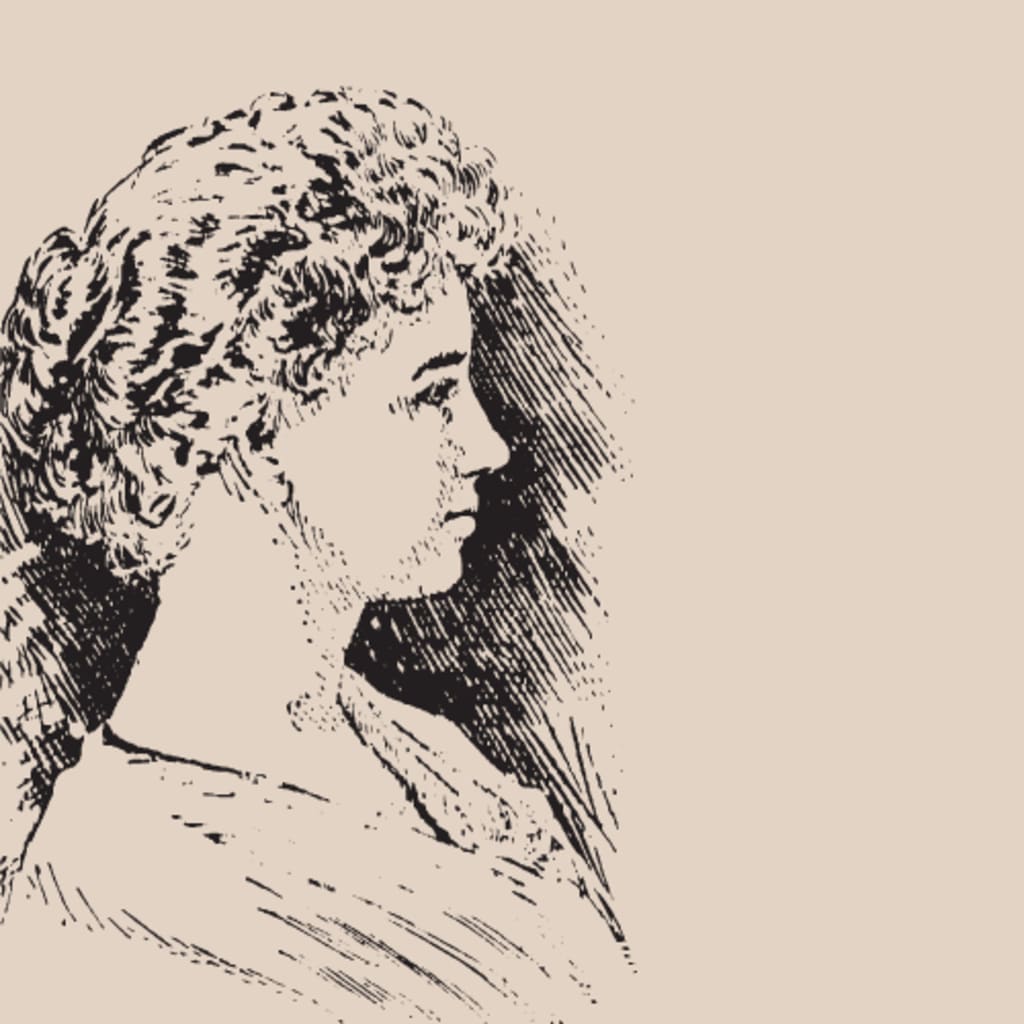Happy Birthday, Helen Keller
The Timeless Relevance of Her Vision for a Better World

When we reflect on the indomitable spirits who have graced human history, Helen Keller’s name invariably comes up. She overcame significant challenges to establish herself as a symbol of resiliency, a champion for the disabled, and a tenacious campaigner for social change. Today, we explore the fundamental principles that influenced Keller’s life and consider how we may use their influence to create a society that is more accepting and compassionate.
Helen Keller- A Brief Overview of Her Life and Achievements
Helen Keller was born a healthy child in 1880, but an illness left her deaf and blind at the age of 19 months. Her early years were characterized by frustration, a poor ability to communicate, and seclusion from the outside world. Helen’s life, however, underwent an irrevocable turn when Anne Sullivan, her teacher and lifelong friend, arrived. Helen was introduced to a new world of language, learning, and connections by Sullivan using a novel technique of finger spelling into the palm.
Helen became the first deaf-blind person to receive a Bachelor of Arts degree despite the enormous obstacles. She gained the ability to communicate, even giving lectures. She wrote 12 books and several articles, advocated for worker rights, women’s suffrage, and, most passionately, for people with disabilities.
Keller’s Core Beliefs and Principles
Helen Keller was a beacon of fundamental ideals and principles in addition to being a symbol of triumph over hardship. The fundamental principles of human adaptability, the transforming potential of education, and the significance of social reform advocacy served as the foundation for her life.
She fully believed in the human spirit’s limitless potential, saying, “Although the world is full of suffering, it is also full of the overcoming of it.” Her path from a place of solitude and darkness to becoming one of the most prominent humanitarians of the 20th century was propelled by this deep-seated faith in resilience.
Helen believed that education was the key to maximizing potential and improving lives. It was her connection to the outside world, turning her from a frustrated youngster into a persuasive novelist and a vocal activist.
Keller also had a strong commitment to social justice. She advocated for social change, women’s rights, and persons with disabilities using her platform. Her commitment to these causes demonstrates the strength of speaking up for important change.
The Enduring Relevance of Keller’s Beliefs
In the twenty-first century, Keller’s beliefs are still remarkably relevant. The value of resilience is ever-present in a time characterized by social, political, and environmental difficulties. Similar to this, as we work to create more fair societies, the importance of open access to education and support for the underprivileged is more important than ever.
Helen’s persistent faith in the capacity of people should motivate us to overcome challenges and look within for strength. Instances like the COVID-19 epidemic, the campaign for racial equality, and the ongoing struggle for climate justice are just a few that necessitate the resilience Helen pushed for.
Furthermore, her emphasis on the transforming power of education ought to motivate us in our attempts to close the worldwide education gap. We cannot afford to ignore our goal in a world where over 258 million children and teenagers are not enrolled in school.
Finally, Keller’s commitment to social change continues to serve as a beacon for those pursuing a more just world.
Applying Keller’s Beliefs to Improve Today’s World
So, how do we apply Keller’s beliefs in our world today? First, through encouraging resilience in both ourselves and our communities. This might entail fostering mental wellness, encouraging personal development, and creating reassuring social networks.
Next, we may work to ensure that everyone has access to high-quality education. This could be supporting inclusive education, fighting for increased school funding, or even giving our free time to mentor and teach.
Finally, we should carry on Keller’s social reform efforts. Use whatever platform we have to advocate for fairness and equality, speak out against injustice, and raise our voices on behalf of those who are unable to.
In Conclusion
Helen Keller once wrote, “I long to accomplish a great and noble task, but it is my chief duty to accomplish small tasks as if they were great and noble.” Her remarks serve as a helpful reminder as we make our way through a world characterized by unheard-of difficulties. Small, routine deeds infused with fortitude, a dedication to education, and a passion for social change frequently mark the beginning of the route to a better world. Keller’s legacy shows us that we can and should work for a society that values inclusivity, equality, and the resiliency of the human spirit in the face of hardship.
About the Creator
Frank Gainey
I've been enthralled by the craft of storytelling ever since I was old enough to hold a pen. The urge to write, whether it be small stories or intricate history, has always been with me wherever I go.





Comments
There are no comments for this story
Be the first to respond and start the conversation.